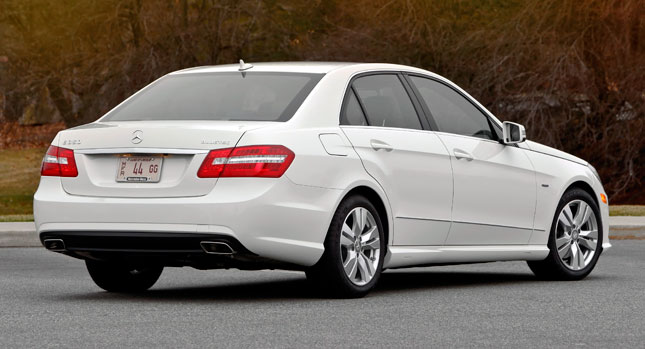Diesel-powered passenger cars almost became extinct in the U.S. market but a push in recent years from German carmakers such as BMW, Mercedes-Benz and the Volkswagen Group that launched a barrage of models with high-tech oil burners as well as the development of low-sulfur fuel have made American warm up to diesel.
In 2011 alone, sales of new clean diesel passenger vehicles soared by 27.4 percent over the previous year according to sales information compiled by HybridCars.Com and market research firm Baum and Associates.
That’s compared to the overall market’s increase of 10.2 percent while hybrid sales dropped by 2.2 percent in 2011 (though we must note that Japan’s earthquake and the Thailand floods affected production of Japanese carmakers’ hybrid models). Even though we don’t get any specific sales numbers on diesel models, the increase is impressive and shows a trend.
“This 27 percent increase in annual sales is a strong sign that American drivers are understanding the benefits of new clean diesel technology in terms of better fuel efficiency and reduced emissions,” said Allen Schaeffer, the Executive Director of the Diesel Technology Forum.
“The new federal fuel efficiency standards that will required a 54.5 mpg average by 2025 will also boost clean diesel auto sales, as diesel cars are 20 to 40 more fuel efficient than gasoline versions,” Schaeffer added.
Baum and Associates says that it expects diesel car sales in the U.S. to more than double from 3.0 percent of the market today to 6.0-6.5 percent by 2015, while research firm J.D. Power & Associates says it sees the U.S. diesel market share growing to as much as 7.4 percent by 2017.
Aside from the German carmakers, American and Japanese companies are also planning to enter the diesel market including GM with the new Cadillac ATS and Chevrolet Cruze, the Chrysler Group with the Jeep Grand Cherokee and Mazda with the its SKYACTIV-D 2.2-liter clean diesel engine on the new CX-5.








